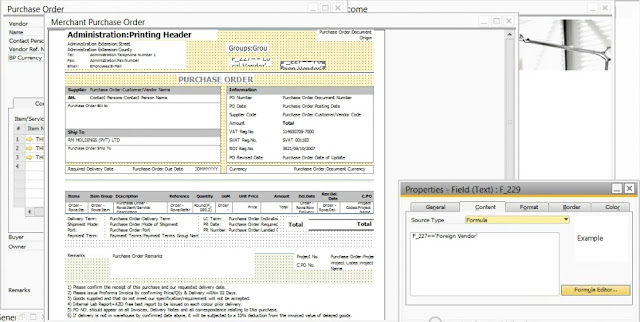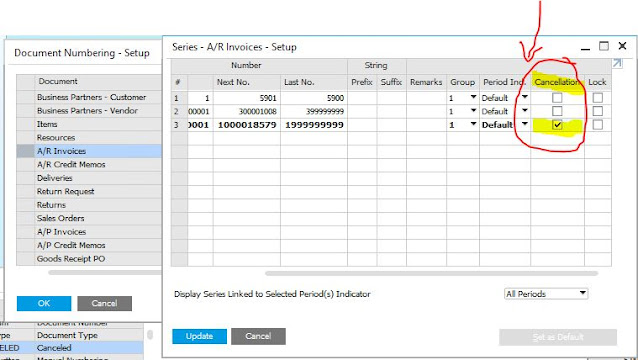What are the advantages of having an ERP system?
It is a real question today because most the organization are using ERP systems to cater daily business operations and some of the organizations are looking a new system to effectively run the business operation. Both of them should know what is the purpose of the ERP system and what are the advantages of having an ERP system?
Why do you use an ERP system?
When the business is growing, the daily number of business transactions is also increased and some areas are experienced complexity by handling via the manual system or legacy systems. However, they need an automated business process via a computerized system. As an example, the company has a bookkeeping system but it is not integrated with the Customer Relationship Management system to run a detailed report with customer details. If they have an ERP system that has the CRM module and it links with customer master data and business transactions such as payments. Thereby, they can take a detailed report such as Customer Wise Monthly Sales Analysis.
Now you know, to handle the complex business processes and increased number of transaction volume require an ERP system to run the operation and it helps to integrate business functions in different business units within the organization such as Sales, Finance, Production, Stores, etc.
What are the advantages?
In absence of an ERP system, a manufacturer experiences many software applications that do not communicate with each other and do not effectively interact.
Keeping track of the status of customer orders from acceptance through fulfillment.
In the manufacturing environment, helps to manage interdependencies of complex BOMs related to product structures in the real world of evolving engineering and revision changes and improvements, and the need to make substitutes during temporary inventory shortages.
Interconnection and detailed view between Purchase Orders, Inventory Receipts, Invoicing
Accounting for all of this, including costs and profits on a granular level.
Computer security is included within an ERP to protect against both outsider crime such as industrial espionage and insider crime such as embezzlement.
There are concepts of front end and back end, that includes how the company interacts with customers such as CRM systems and internal working of the company to satisfy customer needs. This may include quality control processes and make sure there are no problems in end products. The supply chain that interacts with suppliers and transportation management can be integrated through the ERP.




Comments
Post a Comment